When I moved to Ireland in 2013, my husband and I spent our first year in Waterford city. One of the highlights of my first year in Ireland was learning about the GIY (Grow It Yourself) movement. At that stage, the not-for-profit social enterprise was very much a community outreach organisation; committed to empowering people to grow some of their own food no matter what kind of space they had or how experienced (or inexperienced) they might be.
To say GIY founder Mick Kelly’s original vision has gone from strength to strength might be a bit of an understatement. From authoring books to the creation of GIY’s community centre and café, Grow HQ, to now having the first series of RTÉ’s Food Matters under his belt, GIY has achieved a great deal since its creation in 2008. Irish Country Living spoke with Mick about the GIY movement, the success of Grow HQ and their approach to tackling tough subjects.

Grow HQ
The Grow HQ space (which opened to the public in 2016) includes three acres of vegetable gardens, a bustling café and shop area and space for community projects, classes and events. Their chef, JB Dubois, takes a zero-waste approach in his kitchen and emphasises the vegetables, which are grown on-site, in his menus.
“We were doing all of our outreach work, getting people to grow food at home and in schools and communities, but we never had a base ourselves,” Mick explains. “So we worked with the city council here and they gave us this site - which is only a mile from the city centre. Originally I wasn’t sure about it because it’s so urban. However, it’s actually the perfect location because we’re surrounded by supermarkets, it’s where people do their food shopping, so we’re really reaching people. It shows that food growing is accessible; it isn’t something you need a big country space for.”
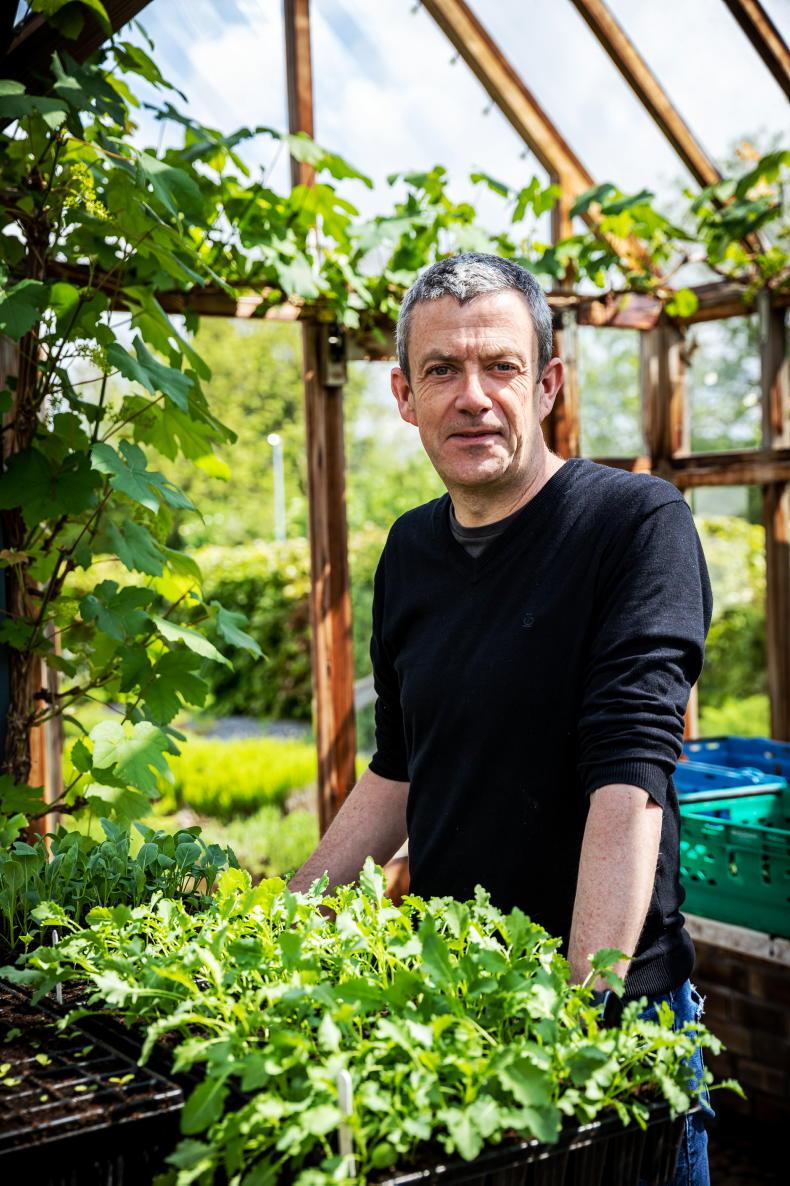
Breaking down barriers
With their Grow HQ space, the idea was to break down the barriers consumers often encounter in food. The seating area extends outdoors, directly into the garden, enabling diners to discover where the vegetables in their food were grown.
“It’s a closed loop system, too, so any food waste [and there isn’t much because our chef is obsessed with cutting all of that out] goes out to the composter at the back of the veg patch and goes into the soil to feed the veg,” Mick remarks. “We’ve closed the gate on food waste but also food inputs; we’re not buying in any fertiliser or anything like that, either.”
Mick tells Irish Country Living that while not all of their Grow HQ decisions were intentional, they did intentionally want this space to be a centre for delicious food. After all, whether you are interested in growing vegetables or not, you will return if the food is good.
“When you come here to take a course, you’re already converted, to an extent,” he explains. “The people we worry about aren’t at that stage yet, but the food can nudge people along. We made very specific [menu] decisions around not being vegan or vegetarian, because we wanted people to feel included. So we are ‘plant forward’, but it is a very accessible space.”
Food Matters
When the new series Food Matters premiered this past spring on RTÉ, Mick wasn’t sure what kind of reception to expect. Food Matters takes a close look at Ireland’s food systems. In it, Mick interviews a variety of people involved in food, climate and agriculture to discuss the realities associated with food production but also how consumers can better support farmers and primary producers.
“We’re blown away by the feedback and level of engagement [of the series]; it’s been phenomenal,” Mick says. “On some of the issues, the debates that you see around food are generally really polarised and I’ve always been a believer that to get into the mainstream you need to avoid those extremes.
“We had a beef farmer in one of the episodes and a young environmental activist and we actually got them to sit down for dinner and said to them, ‘Figure out over the course of this meal, what do you agree on?’ And they did agree that we all need to eat more plants. But it’s not a binary black or white situation where either you eat meat or you don’t. I think these discussions often get wrapped up in the culture wars, like the urban-rural divide, and it’s just so unhelpful.”

Supporting farmers
At times, the show has received criticism from those who feel it is anti-meat or dairy. Mick says it has taken some time for him to find his voice among all of the issues we see in our food systems. Ultimately, he supports farmers and food producers, but he also feels that things need to change.
“I know what I believe and what I don’t, but I think how you present those views is what’s important,” he explains. “You can’t lecture people or beat people over the head. I’m married to a dairy farmer’s daughter, I’ve a huge respect for people who produce food in whatever way, but I do believe we’ve got serious problems in the food system and it’s a huge contributor to the climate emergency. I also believe that as a consumer of food I have just as much a right as any other stakeholder in the food system, including farmers, to have a voice and contribute. It’s not helpful for any one stakeholder to try to shut down the contributions of others. We have to change the way we’re doing things but, at the same time, the way to do that is not by blaming farmers.”
Read more
Editorial: getting hospitality right is an art
Editorial: sometimes the best way to preserve nature on-farm is to do nothing
When I moved to Ireland in 2013, my husband and I spent our first year in Waterford city. One of the highlights of my first year in Ireland was learning about the GIY (Grow It Yourself) movement. At that stage, the not-for-profit social enterprise was very much a community outreach organisation; committed to empowering people to grow some of their own food no matter what kind of space they had or how experienced (or inexperienced) they might be.
To say GIY founder Mick Kelly’s original vision has gone from strength to strength might be a bit of an understatement. From authoring books to the creation of GIY’s community centre and café, Grow HQ, to now having the first series of RTÉ’s Food Matters under his belt, GIY has achieved a great deal since its creation in 2008. Irish Country Living spoke with Mick about the GIY movement, the success of Grow HQ and their approach to tackling tough subjects.

Grow HQ
The Grow HQ space (which opened to the public in 2016) includes three acres of vegetable gardens, a bustling café and shop area and space for community projects, classes and events. Their chef, JB Dubois, takes a zero-waste approach in his kitchen and emphasises the vegetables, which are grown on-site, in his menus.
“We were doing all of our outreach work, getting people to grow food at home and in schools and communities, but we never had a base ourselves,” Mick explains. “So we worked with the city council here and they gave us this site - which is only a mile from the city centre. Originally I wasn’t sure about it because it’s so urban. However, it’s actually the perfect location because we’re surrounded by supermarkets, it’s where people do their food shopping, so we’re really reaching people. It shows that food growing is accessible; it isn’t something you need a big country space for.”

Breaking down barriers
With their Grow HQ space, the idea was to break down the barriers consumers often encounter in food. The seating area extends outdoors, directly into the garden, enabling diners to discover where the vegetables in their food were grown.
“It’s a closed loop system, too, so any food waste [and there isn’t much because our chef is obsessed with cutting all of that out] goes out to the composter at the back of the veg patch and goes into the soil to feed the veg,” Mick remarks. “We’ve closed the gate on food waste but also food inputs; we’re not buying in any fertiliser or anything like that, either.”
Mick tells Irish Country Living that while not all of their Grow HQ decisions were intentional, they did intentionally want this space to be a centre for delicious food. After all, whether you are interested in growing vegetables or not, you will return if the food is good.
“When you come here to take a course, you’re already converted, to an extent,” he explains. “The people we worry about aren’t at that stage yet, but the food can nudge people along. We made very specific [menu] decisions around not being vegan or vegetarian, because we wanted people to feel included. So we are ‘plant forward’, but it is a very accessible space.”
Food Matters
When the new series Food Matters premiered this past spring on RTÉ, Mick wasn’t sure what kind of reception to expect. Food Matters takes a close look at Ireland’s food systems. In it, Mick interviews a variety of people involved in food, climate and agriculture to discuss the realities associated with food production but also how consumers can better support farmers and primary producers.
“We’re blown away by the feedback and level of engagement [of the series]; it’s been phenomenal,” Mick says. “On some of the issues, the debates that you see around food are generally really polarised and I’ve always been a believer that to get into the mainstream you need to avoid those extremes.
“We had a beef farmer in one of the episodes and a young environmental activist and we actually got them to sit down for dinner and said to them, ‘Figure out over the course of this meal, what do you agree on?’ And they did agree that we all need to eat more plants. But it’s not a binary black or white situation where either you eat meat or you don’t. I think these discussions often get wrapped up in the culture wars, like the urban-rural divide, and it’s just so unhelpful.”

Supporting farmers
At times, the show has received criticism from those who feel it is anti-meat or dairy. Mick says it has taken some time for him to find his voice among all of the issues we see in our food systems. Ultimately, he supports farmers and food producers, but he also feels that things need to change.
“I know what I believe and what I don’t, but I think how you present those views is what’s important,” he explains. “You can’t lecture people or beat people over the head. I’m married to a dairy farmer’s daughter, I’ve a huge respect for people who produce food in whatever way, but I do believe we’ve got serious problems in the food system and it’s a huge contributor to the climate emergency. I also believe that as a consumer of food I have just as much a right as any other stakeholder in the food system, including farmers, to have a voice and contribute. It’s not helpful for any one stakeholder to try to shut down the contributions of others. We have to change the way we’re doing things but, at the same time, the way to do that is not by blaming farmers.”
Read more
Editorial: getting hospitality right is an art
Editorial: sometimes the best way to preserve nature on-farm is to do nothing








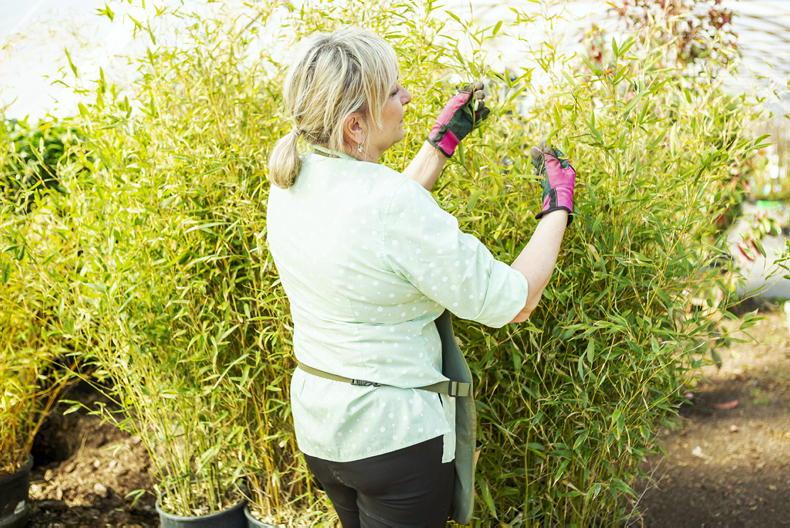
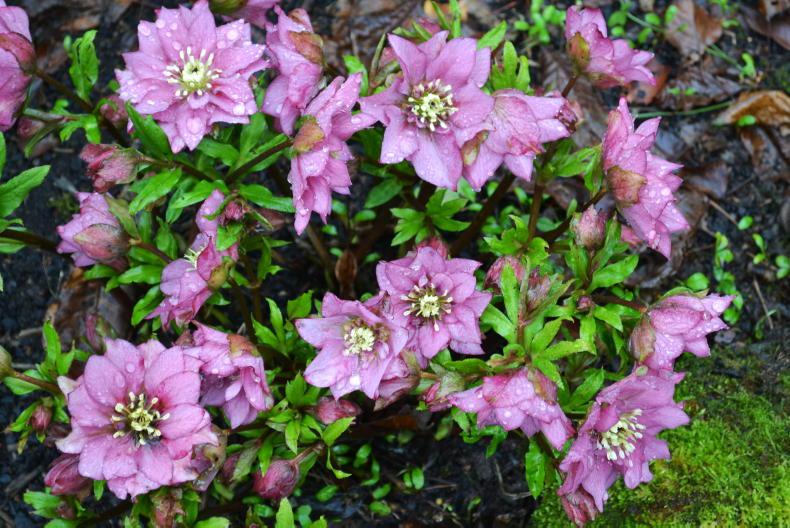
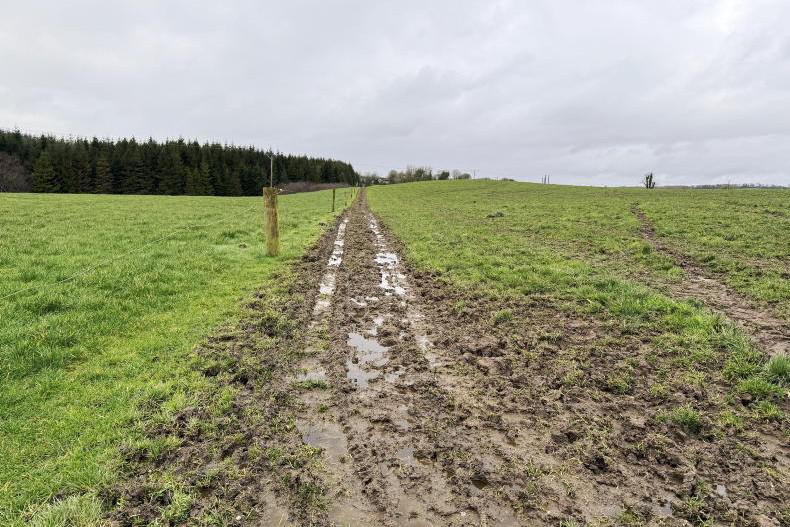
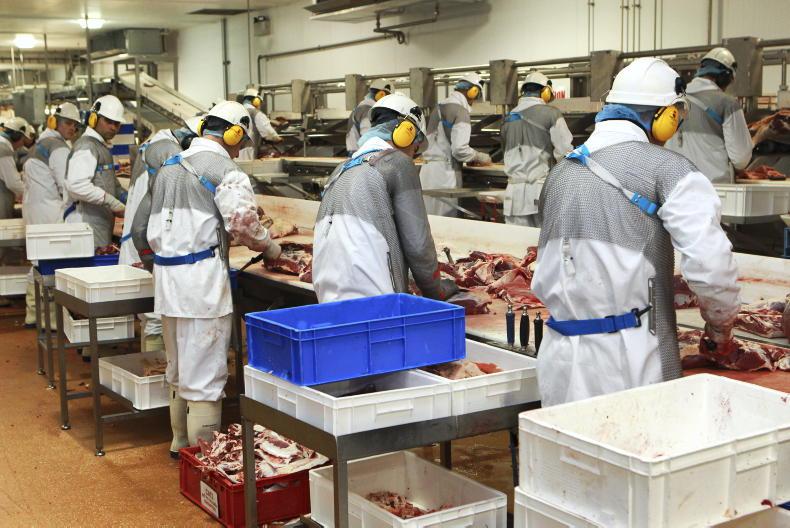
SHARING OPTIONS